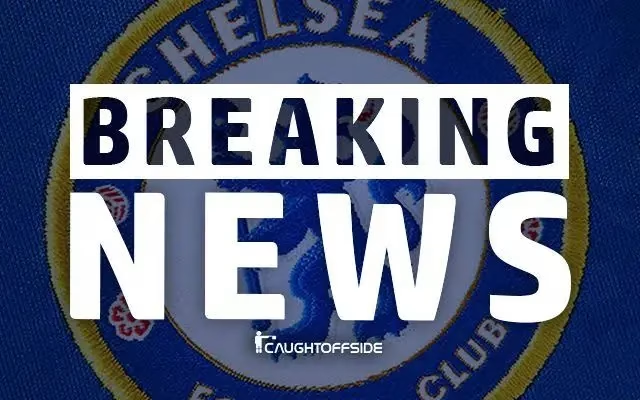Chelsea Football Club has found itself at the heart of a growing storm after posting a cryptic message on social media just moments after Liverpool confirmed the departure of one of their most iconic players, Trent Alexander-Arnold.
The timing and tone of the post have fueled widespread speculation that it may have been a subtle dig aimed directly at the departing right-back, stirring controversy across the footballing world.
Trent Alexander-Arnold has been a vital figure in Liverpool’s recent success, known for his exceptional creativity, pinpoint crossing, and instrumental role in the club’s trophy-laden years under Jürgen Klopp.
His departure marks a significant moment for Liverpool, symbolizing the end of a transformative era.
Unsurprisingly, news of his exit triggered a wave of emotional responses from fans, players, and pundits alike.
However, what was expected to be a moment dominated by reflection and tribute took an unexpected turn when Chelsea posted a message that many have interpreted as a thinly veiled jab at Alexander-Arnold.
The post, though lacking direct references, was seen by many as deliberately timed and provocatively worded, sparking intense reactions on social media.
Within minutes, fans were dissecting the post’s language and implications, with some accusing Chelsea of trying to overshadow Liverpool’s moment of mourning, while others praised the club’s boldness.
The ambiguity of Chelsea’s post has led to a swirl of interpretations.
Was it a calculated move to stir the pot and draw attention, or was it simply an unfortunate coincidence?
Some see it as a classic example of Premier League mind games—an off-the-pitch maneuver meant to unnerve rivals and rile up fanbases.
Whether intentional or not, the post has had the desired effect: it has captured headlines, sparked fierce online debates, and momentarily shifted focus away from Liverpool’s farewell to one of their stars.
Supporters from both clubs—and beyond—have weighed in, turning the comment sections and forums into battlegrounds of opinions and speculation.
For some, it’s evidence of the growing rivalry between the two clubs, while others dismiss it as fans reading too deeply into an otherwise innocuous post.
Regardless of the truth behind Chelsea’s intent, the uproar proves how influential and volatile football social media can be.
In the end, what could have been a solemn moment for Liverpool supporters has turned into yet another example of how, in modern football, even the vaguest message can spark a wildfire of controversy.
